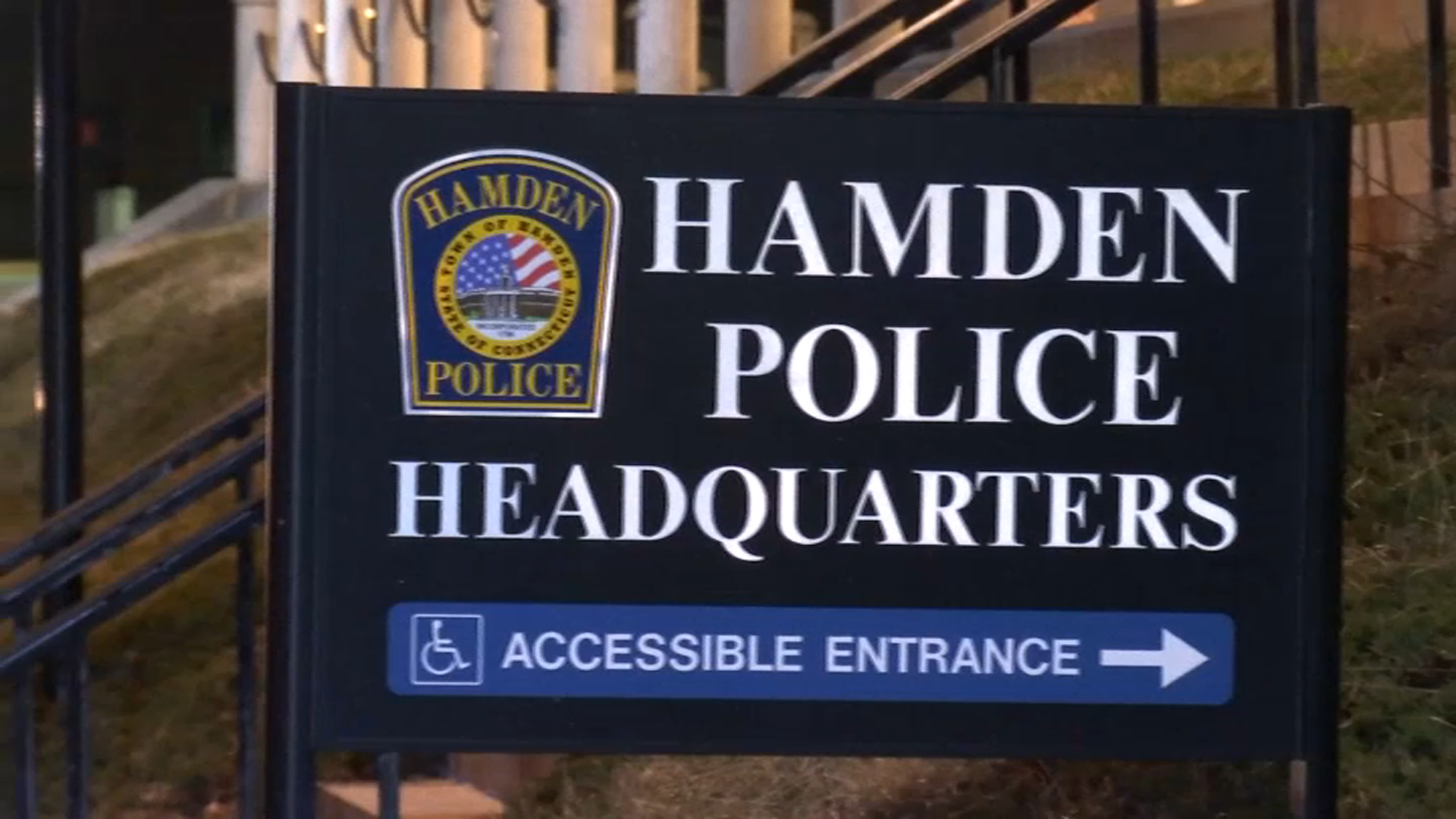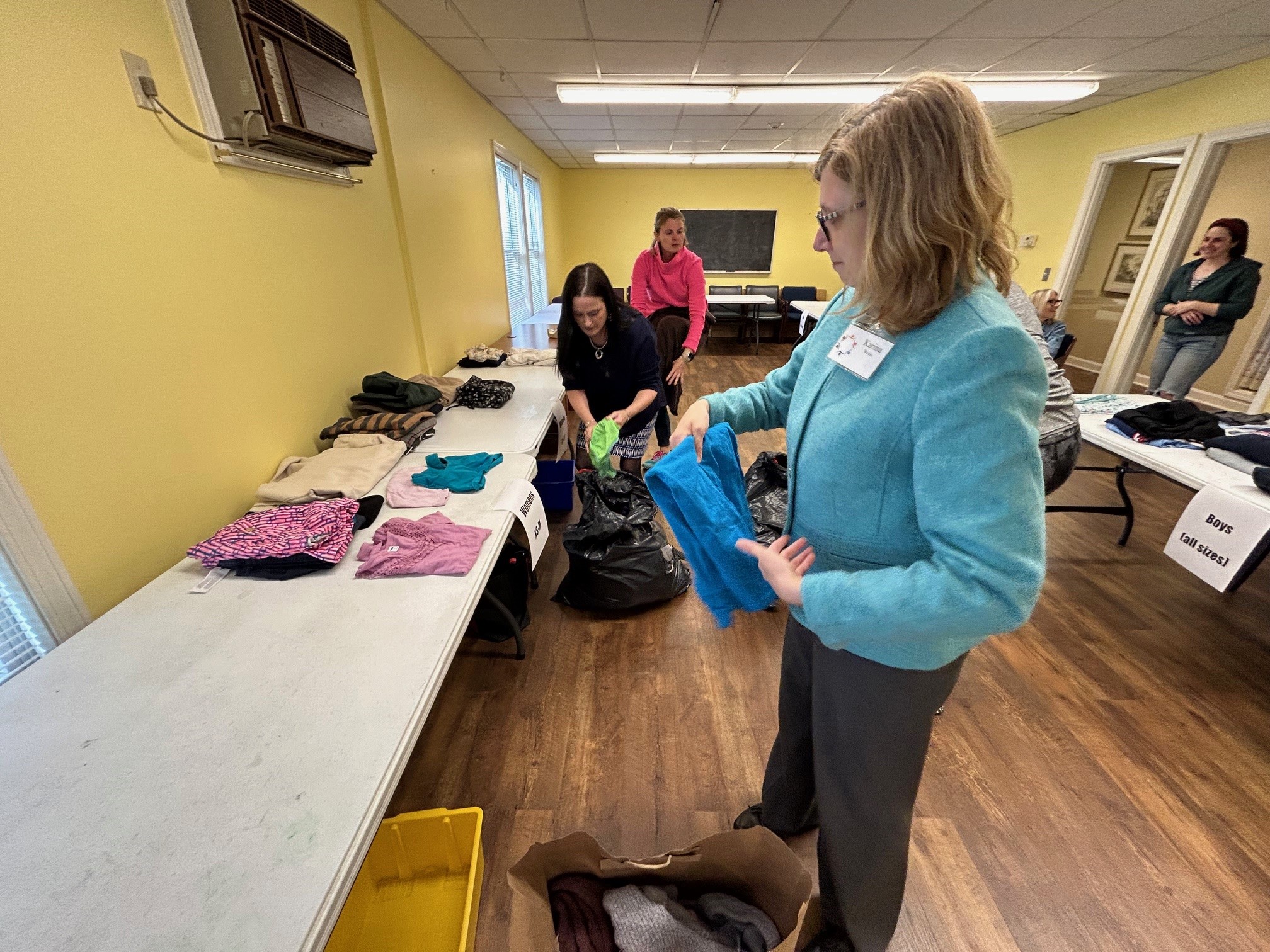You may have heard about the new report from the Surgeon General. It's a rare public health advisory about the mental health crisis among kids and teenagers.
Depressive and anxiety symptoms doubled during the pandemic. Now, 25% of people have depressive symptoms and 20% have anxiety.
Negative emotions and conditions associated with things like ADHD are also on the rise, along with suicide attempts.
Here in Connecticut, doctors are seeing the trends, too.
Get Connecticut local news, weather forecasts and entertainment stories to your inbox. Sign up for NBC Connecticut newsletters.
"The high rates of depression, one in four youth now experiencing symptoms of depression, one in five youth experiencing symptoms of anxiety, and perhaps most notably, with the advisory indicated, which we're seeing here in Connecticut is the number of kids ending up in the emergency room due to suicide attempts," said Melissa Santos with Connecticut Children's.
Santos, the division chief of pediatric psychology at Connecticut Children's, said the pandemic was just one aspect of a couple really tough years for kids, especially those kids who were already at risk for mental health issues.
"We've also been dealing with other pandemics like the racism pandemic, and the sort of racial upheavals that we've been having the trials that we've been having in the media, and how much of an impact that has on our youths," said Santos.
Local
"Our kids with racial, racial and ethnic minority youth, we know that they were disproportionately impacted by mental health prior to the pandemic, we know that suicide is the second leading cause of death for kids starting at the age of 10. And that even prior to the pandemic, Black youth were two times more likely to attempt suicide versus our white youth," she continued.
So what can be done?
Santos said one thing out state offers for kids in crisis is a mobile crisis unit. You can access it by calling 2-1-1. But she said that's just the beginning of what's needed to help kids here in the state.
"It's so tough because it is such an overwhelming thing, when we talk about the number of kids needing services. I mean, we've highlighted the volume of kids, we've had it on our department here at Connecticut Children's and the number of families trying to access care, I think we have to really look at who is coming in to access care, what are their unique needs? And how do we start to form treatments that can help those unique needs, and not focus so much on trying to treat all kids the same, we really have to identify some of the things that are going to make regular treatments difficult," said Santos.
She has some advice for parents wondering what to do.
"One of the biggest things our teenagers oftentimes say is that they don't want to talk to parents or old people, because they just don't, they're not heard, they're always being told what they need to do and how they need to fix things. They just want to be heard. And I think the more that we can create space for our kids to feel like they can be heard, that is going to go so long to help them," she said.



